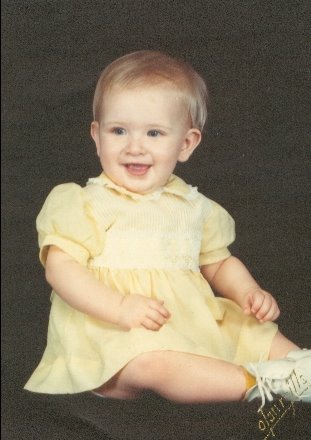Poetry Book Three: A YA Novel in Verse
Poetry Book Three: A YA Novel in Verse
Hesse, Karen. (1997). Out of the Dust. New York: Scholastic. ISBN 0590371258.
Out of the Dust is the story of a young girl, Billie Jo (her father wanted a boy), who lives in the Dust Bowl of Oklahoma. While her friends around her leave one by one, her father, Bayard stubbornly refuses to run away, even though the dust covers and smothers everything they have worked for. Billie Jo’s mother, Polly, comes from a more sophisticated background and even plays the piano proficiently enough to have taught Billie Jo—who actually gets invited to play with the band at a local theatre.
Just when Billie Jo thinks things are settling down, her mother—in an attempt to put out a fire—throws a pail of kerosene Bayard has left near the stove onto the fire. Polly runs out of the house to get Bayard’s help and Billie Jo throws the pail outside. Unbeknownst to her, Polly was coming back in the house. She is covered by the flaming fuel and while Billie Jo does her best to put the fire out—marring her piano hands forever—her mother dies giving birth to Billie Jo’s brother (who also dies shortly after). Bayard, who was never really very warm, becomes even more distant. Billie Jo finally runs away, but after a while she understands that everything she knows and loves—including the memory of her mother and little brother—is back home.
This is an AMAZING book. It is no wonder that it won the Newbery Medal in 1998. The language is both accessible and sophisticated—pregnant with vocabulary from a time and culture that is nearly extinct. Like most verse novels, Out of the Dust is raw emotion and conflict, stripped of the trappings of prose and pared down to the meat of a heart-wrenching story of struggle, disaster, loneliness and self-discovery.
One of my favorite passages from early on in the book:
Losing Livie
Livie Killian moved away.
I didn’t want her to go.
We’d been friends since first grade.
The farewell party was
Thursday night
at the Old Rock Schoolhouse.
Livie
had something to tease each of us about,
like Ray
sleeping through reading class,
and Hillary,
who on her speed-writing test put
an “even ton” of children
instead of “even ten.”
Livie said good-bye to each of us,
separately,
She gave me a picture she’d made of me sitting
in front of a piano,
wearing my straw hat,
an apple halfway to my mouth.
I handed Livie the memory book we’d all
filled with our different slants.
I couldn’t get the muscles in my throat relaxed enough
to tell her how much I’d miss her.
Livie
helped clean up her own party,
wiping spilled lemonade,
gathering sandwich crusts,
sweeping cookie crumbs from the floor,
while the rest of us went home
to study for semester reviews.
Now Livie’s gone west,
out of the dust,
on her way to California,
where the wind takes a rest sometimes.
And I’m wondering what kind of friend I am,
wanting my feet on that road to another place,
instead of Livie’s.
January 1934.
The details that Billie Jo notices throughout this story show the depth and insight Karen Hesse put into this work—they give us a window into what life must have been like in the early 1900’s Oklahoma; how rough and lonely a dusty childhood could be, how strong the longing to get away. In the passage above, we feel the emotion start out light—at a party, and crescendo from a memory book, to watching Livie clean up her own party through the eyes of our main character who in the final lines is filled with a guilty longing to trade places—she goes from mourning the parting of her friend to wanting to BE the one escaping.
Reviews of Out of the Dust(per Amazon.com):
School Library Journal: “A triumphant story, eloquently told through prose-poetry..”
Publishers Weekly: “This intimate novel, written in stanza form, poetically conveys the heat, dust and wind of Oklahoma. With each meticulously arranged entry Hesse paints a vivid picture of her heroine's emotions.”
Kirkus: “Told in free-verse poetry of dated entries that span the winter of 1934 to the winter of 1935, this is an unremittingly bleak portrait of one corner of Depression-era life. In Billie Jo, the only character who comes to life, Hesse (The Music of Dolphins, 1996, etc.) presents a hale and determined heroine who confronts unrelenting misery and begins to transcend it. The poem/novel ends with only a trace of hope; there are no pat endings, but a glimpse of beauty wrought from brutal reality.”
This book could be used to illustrate how great poetry is for shedding the extraneous mechanics of prose—how rich meaning does not need paragraphs and how an extremely emotional story can be told through just a few lines. It could open a discussion of life in the 30’s (and/or a comparison of how that life might be different depending on where one lived). It could also foster a discussion on loss and hope—how does one come back from something so incredibly tragic as death and loss of one’s talent? Run away? But only to come home again? I can imagine an engaging discussion of what hope means to each teen reader.


0 Comments:
Post a Comment
<< Home